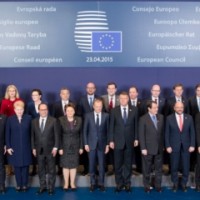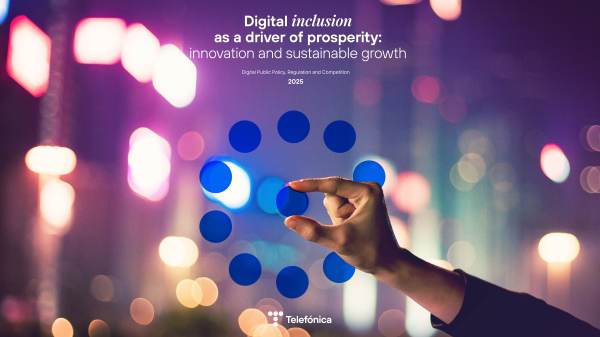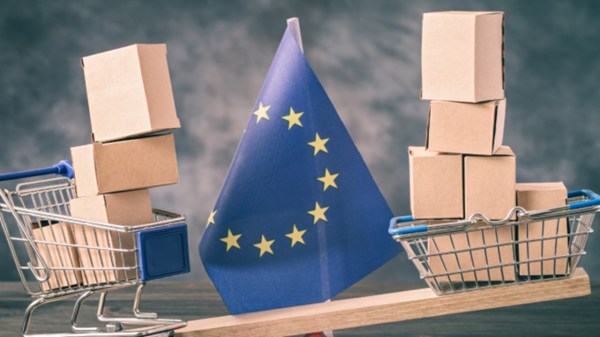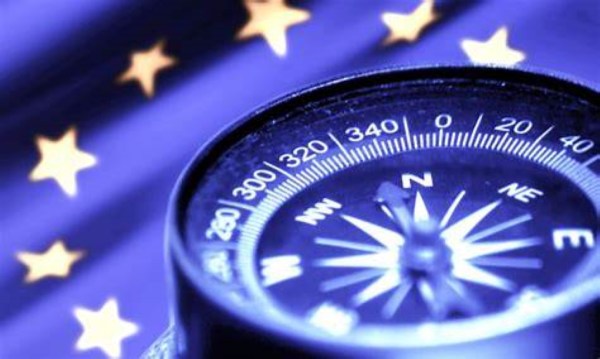 Chema Alonso
Chema Alonso
Chief Data Officer, Telefonica.
We are firmly committed to regaining a leading position for Europe in the Digital world. That is why when the European Commission released the Digital Single Market Strategy Telefónica warmly welcomed the timely adoption of this Communication. Next week the European Council has a new opportunity to undertake the appropriate reform of telecom framework that would enable and accelerate the digitization of our economies and societies.
That is why Telefónica, together with other European Telco companies as Deutsche Telekom, KPN, and Orange, has addressed a letter to Donald Tusk, President of the European Council. In this missive we call for a “profound and sustainable overhaul of the current telecoms rules, providing for a future-proof common framework for all digital services, taking into account dramatic changes in markets, consumer’s habits and new positions of market power in the digital economy”.
We strongly believe that the primary goal to be achieved is putting best of class digital networks and services in the hands of European consumers, industries and public administrations. Then, we urgently need investments in ultra-fast broadband network infrastructures. For this to happen, regulatory environment has to be in place as early as possible “to significantly reduce the current regulatory burdens on the sector by applying existing rules in a way to improve the conditions for investment in high-speed networks”. Next week the European Council must hit the target. Investors and markets are waiting for positive signals showing that the EU is ready to take support of a truly and leading digital path.
In May, Telefónica publicly appreciated the broad approach that the Digital Single Market Strategy gave to the digital value chain and the recognition of the need for a level playing field, which allows all players to compete on a fairer basis. Again, we highlight the need of targeted regulatory reforms, in particular addressing the “access regulation, spectrum management and asymmetries between traditional e-communication providers and internet players”. To put this in perspective, it has to be reminded that our current regulatory framework was established based on a number of assumptions that have drastically changed. There has been a striking evolution in industry, technology and the way customers perceive and consume digital services, resulting in converged markets. In fact, today, some elements of the Digital Economy and especially those related to the telecommunication sector are subject to stronger regulations and supervision and European service providers are often put in disadvantage when compared with Non-Europeans.
What Europe and Europeans need is a change of the rules and a consistent application of them to all services and players that compete in the European market place and offer its services to European customers. This is a basic prerequisite for fair competition between all players in a globalized economy and lack of such a Level-Playing-Field would help only voices that argue for a more closed, protectionist regime in Europe.
This is of importance not only for European Telco companies but also for the Europeans that deserve the same level of protection regardless of the services they choose or which company provides it.
The pathways are open and we are committed to help in getting to a swift and successful delivery of the best outcomes to help Europe regain its leadership in the digital world.










